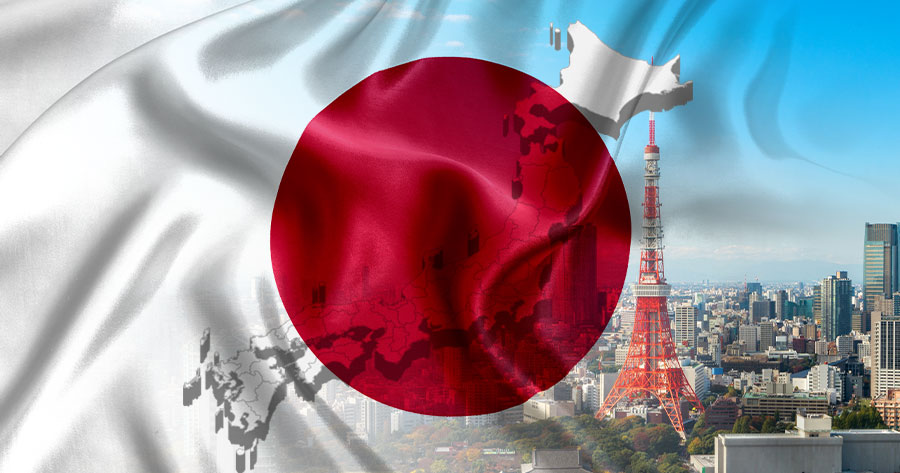Japanese lawmakers voted on Monday to retain Shigeru Ishiba as Prime Minister, despite a scandal that caused his coalition to lose its majority in the lower house.
On October 1, Ishiba secured his position in the snap election despite significant disadvantages. His party, the Liberal Democratic Party, and its coalition partner, Komeito, lost the majority they had held since 2012, leaving Ishiba reliant on support from opposition parties to pass key legislation.
For the first time in three decades, the vote in the lower house went to a second round after no candidate secured a majority. However, Ishiba ultimately prevailed, securing 221 votes in the 465-seat chamber, defeating ex-PM Yoshihiko Noda, leader of the Constitutional Democratic Party.
Nevertheless, Ishiba’s leadership remains at risk, with upper house elections scheduled for next year. If he fails to regain public trust following the unrecorded donations scandal, his leadership could face further challenges.
Ishiba’s immediate challenge is drafting a supplementary budget for the fiscal year ending in March, amid calls to increase welfare spending and address rising prices. He must also prepare for the G20 summit in Brazil, where he is expected to meet U.S. President Donald Trump.
Following Trump’s victory in the U.S. election, tensions are rising with China and North Korea, and some Japanese officials fear Trump may impose new trade barriers or demand Japan contribute more to the cost of stationing U.S. troops—an issue that Japan’s former leader, Shinzo Abe, successfully handled.





